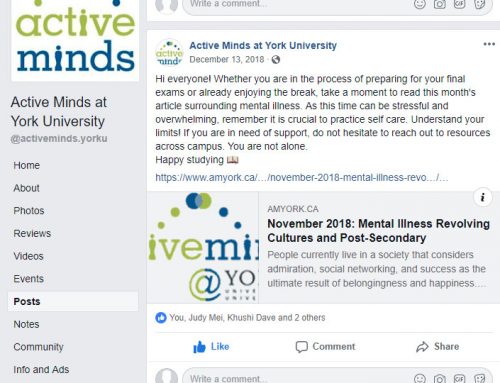Starting university can and usually is stressful for the first-years, for many of whom it means living away from home for the first time. Social and academic transitions are not the easiest ones either. Altogether, this might lead students to experience severe academic distress, social isolation, time management issues and sometimes depression. The pieces of advice below will help freshman students avoid some of the common pitfalls of starting university.
- Professors with the highest ratings on RateMyProf are not always the most inspirational
It is a common practice in university to select a professor based on the ratings they have on RateMyProf. And there is nothing wrong with it if all you want is an easy A, ability to skip classes without consequences and PowerPoints uploaded on Moodle. The teaching styles of such professors, however, might sometimes be boring, simplistic and repetitive. Very often they just follow the textbook or do not even plunge into it that much. Students go through their lectures, pass the midterms easily and forget about the class. But was it really worth the money? Did you actually get any value from that class other than the good mark on your transcript? If you want to find more challenging but inspirational professors, don’t follow the crowd. Instead of bluntly looking at the rating, read the comments on RateMyProf carefully, trying to see through the motives of people who wrote them. Attend lectures from other sections and see if the lecturer managed to spark your interest. If the first lecture left you with nothing more than boredom and shallow textbook overview, then you might as well consider switching your section.
- Add on commitments gradually
When you start university, it might be best to take 4 courses instead of the full course load. In the beginning, you should give yourself some time to adjust to the university education system, learn how to get around and find some new friends. Even if you have already signed up for the full course load and it is too late to drop any of them, make sure you do not add anything on top, especially during your first semester. The worst thing you could do to yourself is to start a year not only with 5 or more courses but also with 20 hours of part-time job, a couple of volunteer positions and other responsibilities. Do not overcommit unless you are familiar with university life and are sure you can handle it.
- If you don’t like your program – switch it
If you have spent a few weeks or months in your program, studying for courses and talking to your classmates but you still don’t quite feel like it’s your cup of tea – don’t wait until an existential crisis hits you months or years later. Go out and explore the other options available to you, talk to someone from a program that you find intriguing or take some electives. It is essential that you can tolerate, or better so love what you study, or at least see that degree as a means to achieving your end goal.
- Plan your coursework in advance
The last thing you want is to find out the day before your readings are due that the assigned chapter is not 30 but rather 70 pages long. Even less pleasant would be to get started on a 5-page essay one week before it is due and realize it would actually take 3 weeks to do it properly. To avoid these situations, try to plan out the readings for the week and your assignments in advance. It might seem like you have plenty of time, but if you have other things planned throughout the week as well, the time will fly.
- Most people in your lectures feel the same way as you do
University is not only about studying. If you are terrified to talk to the classmate next to you – don’t worry, because they probably feel the same way. Do not get anxious or discouraged to start a conversation with them – it is in their own interest to get to know someone from their class as well to have access to notes in the future, form study groups and just make a new friend. Most of the people in the university are friendly, approachable and willing to help. So make sure you have fun, volunteer and join organizations as well as network among your own friends.
- The art of prioritizing
If there is one thing that the university will teach you, that would certainly be the art of prioritizing. Most of the time, you will have so many things going on that it would literally be impossible to get all the things done at school, not to mention about maintaining that elusive work-life-study balance. The primary reason why people call it “balance” is because you would constantly have to sacrifice at least something from each of the domains in order to get the work done. Or not to miss your friend’s birthday. Or your own. In the beginning, the need to sacrifice some activities in favour of others may drive you crazy, but eventually, you would have to get used to that. After all, the need to maintain balance will continue throughout your adult life.
https://www.macleans.ca/general/10-things-i-wish-id-known-in-my-first-year-of-university/
https://www.utoronto.ca/news/21-pieces-advice-first-year-students
https://yconic.com/article/10-tips-for-first-year-university-students?redirect_from=studentawards



























